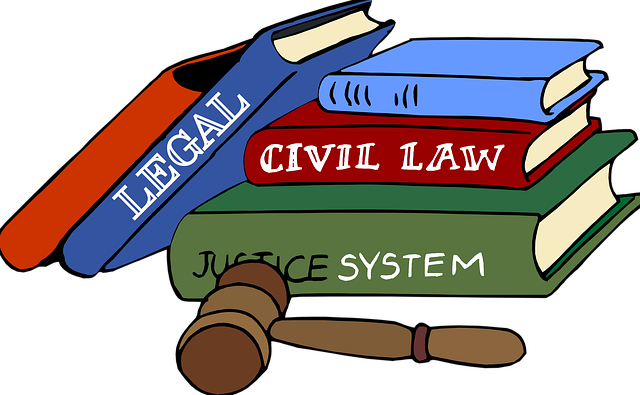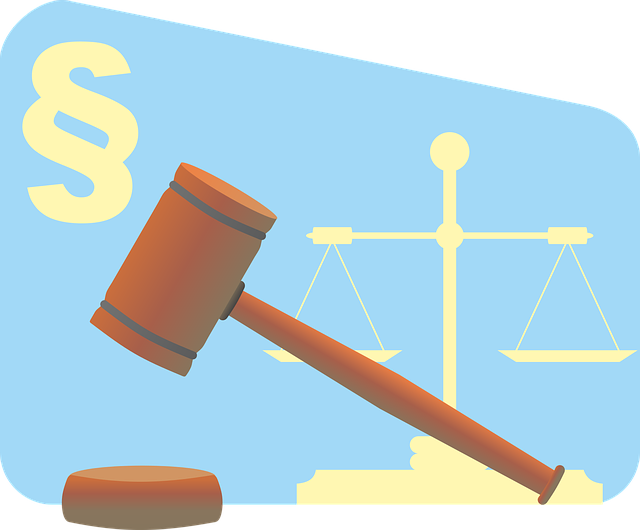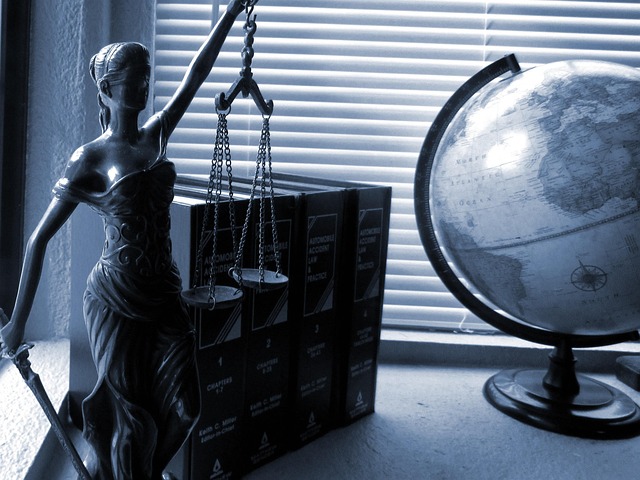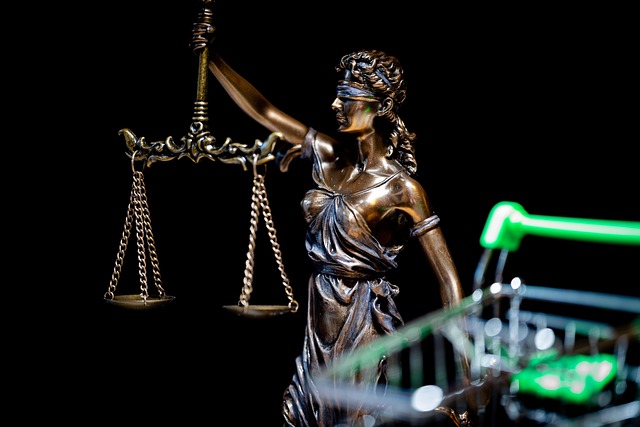Understanding contract law fundamentals is crucial for resolving breach of contract disputes effectively. This involves identifying violations like non-performance or misrepresentation, gathering evidence through digital forensics, document examination, and witness interviews, and employing strategies such as damages, specific performance, or termination. Early intervention, strategic planning, and robust investigative practices mitigate damages and prevent escalation. Success in defending against criminal charges enhances corporate accountability and reinforces ethical business practices.
Corporate Crime Investigations delve into complex scenarios where businesses breach legal agreements, impacting stakeholders and society. Understanding contract law basics is crucial for resolving disputes effectively. This article explores essential strategies, from evidence collection techniques to mediating breach of contract cases. Additionally, it examines the legal implications and penalties faced by corporate offenders, offering insights on How to Resolve Breach of Contract Disputes efficiently and justly.
- Understanding Contract Law Basics for Disputes
- Evidence Collection Techniques in Investigations
- Strategies for Mediating Breach of Contract Cases
- Legal Implications and Penalties for Corporate Offenders
Understanding Contract Law Basics for Disputes

Understanding contract law basics is crucial when navigating breach of contract disputes. These legal agreements form the backbone of business transactions, outlining expectations and obligations between parties. When a contract is breached—whether due to non-performance, misrepresentation, or failure to meet terms—it triggers a series of rights and remedies for all involved. For his clients, this means ensuring that every step in the investigative and enforcement process is meticulously documented and executed.
In cases of white collar and economic crimes, where complex financial transactions are often at play, recognizing the nuances of contract law becomes even more vital. By thoroughly reviewing contracts and identifying breach instances, legal professionals can guide clients through available remedies, which may include damages, specific performance, or termination. This proactive approach not only helps resolve disputes efficiently but also serves as a deterrent for potential future breaches.
Evidence Collection Techniques in Investigations
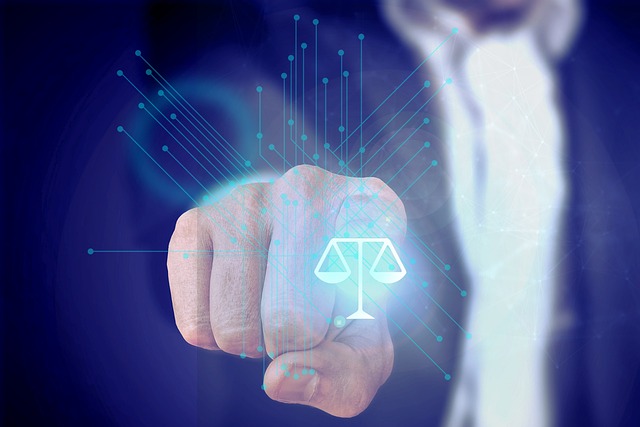
In corporate crime investigations, evidence collection techniques are paramount to unraveling complex schemes and holding wrongdoers accountable. For disputes arising from breach of contract, investigators must employ meticulous strategies to gather compelling proof. This involves a blend of digital forensics, document examination, and witness interviews. By sifting through emails, financial records, and digital footprints, investigators can reconstruct events and identify discrepancies that shed light on fraudulent activities.
Effective evidence collection goes beyond the immediate dispute. It encompasses understanding the broader context of the respective business, philanthropic, and political communities involved. In the case of white-collar and economic crimes, this might mean delving into intricate financial networks, mapping relationships between entities, and unearthing hidden assets. The goal is to provide a comprehensive picture that aids in resolving breach of contract disputes while also addressing systemic issues within these interconnected sectors.
Strategies for Mediating Breach of Contract Cases

Resolving breach of contract disputes requires a strategic approach that navigates the intricate legal landscape. An effective strategy involves early intervention to mitigate damages and prevent escalation. By thoroughly reviewing the contract, identifying the breach, and assessing its impact, investigators can develop a tailored plan. This may include negotiating a settlement, where both parties agree to terms that restore balance without proceeding to litigation. Such a resolution can be particularly beneficial in complex cases, offering a swift and cost-efficient outcome.
For severe breaches, or when negotiations fail, engaging in robust investigative practices is crucial. This encompasses gathering and analyzing relevant evidence, interviewing key stakeholders, and documenting the entire process. An unprecedented track record of successful investigations demonstrates the ability to navigate all stages of the investigative and enforcement process. Ultimately, this can lead to a complete dismissal of all charges, ensuring justice while fostering trust in contractual relationships.
Legal Implications and Penalties for Corporate Offenders

When a corporation is found guilty of criminal activities, the legal implications and penalties can be severe. These cases often involve complex investigations and rigorous legal proceedings. The consequences for corporate offenders include substantial fines, which can significantly impact the financial stability of the company. Additionally, imprisonment for high-level executives or individuals directly involved may be imposed, leading to a loss of leadership and expertise within the organisation.
The process of resolving breach of contract disputes is critical in these scenarios. A winning challenging defense verdict can be a powerful outcome, demonstrating that the corporation has taken responsibility and implemented measures to prevent future infractions. Achieving a complete dismissal of all charges is also a viable goal, which would exonerate the company and its employees, allowing them to move forward with renewed focus on ethical business practices. These legal strategies are essential tools in ensuring corporate accountability while fostering a culture of compliance and integrity within the respective business environment.
Corporate crime investigations require a multifaceted approach, especially when addressing breach of contract disputes. By understanding contract law basics, utilizing effective evidence collection techniques, and employing mediation strategies, organizations can navigate these complex scenarios. Moreover, awareness of the legal implications and penalties associated with corporate offenses is essential for deterrence and justice. When it comes to resolving breach of contract disputes, a well-informed strategy that combines legal knowledge and investigative prowess is key to mitigating risks and ensuring fair outcomes.

